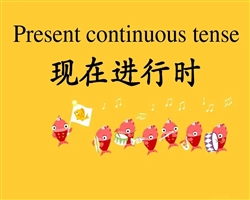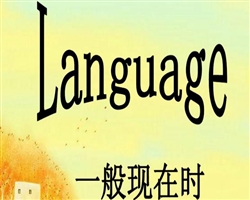Zhu Xi (1130~1200), whose courtesy name was Zhonghui and literary name Hui'an, was born in Wuyuan, Huizhou (now part of Jiangxi Province) in the Southern Song Dynasty.
朱熹(1130~1200),字仲晦,号晦庵,他是南宋徽州婺源(今属江西)人。
As one of the most significant philosophers of the Neo-Confucian school in the Song and the Ming dynasties, he held that the universe has two aspects: the formless and the formed. The formless, or li, is a principle or a network of principles that is supreme natural law and that determines the patterns of all created things. This law combines with the material force or energy called qi to produce matter, or things having form. Li is never separable from qi: there is no li without qi and no qi without li.
他是南宋思想家,宋明理学的代表人物,主要学术成就是对理学的发展。在字宙观上,朱熹持理气论,他认为宇宙万物是理与气妙合而成的,“理是形而上者,气是形而下者”。理是看不见的事物的本体,是形而上之道,气是看得见的物质的质料形象,是形而下之器。合而看,理气浑然一体; 离而看,理气又有先后。
Based on this theory, Zhu Xi believed that “it is the interaction between li and qi that human beings are created.”
以理气论为哲学基础,朱熹认为“人之所以生,理与气合而已。”
In human beings, li (manifested as human nature) is essentially perfect, and defects, including vices, are introduced into the body and mind through impurities of qi.
禀受天地之理为本性,为天命之性; 禀受天地之气为形体,为气质之性。
Thus in reality the human nature embodies the conflicts between “Heaven's laws" and “human desires", and they can never coexist. Therefore, to preserve Heaven's laws and eliminate human desires becomes the core of Zhu Xi's ethical thoughts.
所以,现实人性中存在着“天理”与“人欲”的对立,“天理存而人欲灭,人欲胜则天理灭”,于是“明天理,灭人欲”就成了朱熹伦理思想的核心。
Zhu Xi's concept of li actually echoes the Confucian ethical and moral principles. To preserve" Heaven's laws" means to preserve the hierachical system and established moral values. To eliminate" human desires", on the other hand, is to eliminate the cravings against the feudal hierachical system and moral values.
朱熹之所谓“理”是儒家伦理道德观念的体现,“明天理”就是要维护封建等级制度和纲常秩序,“灭人欲”就是要清除违反封建等级制度和纲常名教的各种非分的物质欲求。
In this way, Zhu Xi seemed to justify feudalism by channeling humanism into ethics and strengthened the traditional Confucian values.
这样,朱熹从伦理学角度论证了封建统治的合理性,同时把伦理学安置在人性论的基础上,并强化了传统濡家价值观念。
Zhu Xi's idea of putting ethical principles over physical desires bears some features of rationalism, but it also has a negative side of suppressing individuality.
朱熹以伦理来主宰物欲的理欲观,明显具有一种理性主义的特征,也有压抑人的个性的一面。





 。
。